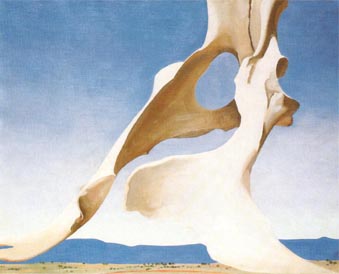
Bone
1.
Understand, I am always trying to figure out
what the soul is,
and where hidden,
and what shape –
and so, last week,
when I found on the beach
the ear bone
of a pilot whale that may have died
hundreds of years ago, I thought
maybe I was close
to discovering something –
for the ear bone
2.
is the portion that lasts longest
in any of us, man or whale; shaped
like a squat spoon
with a pink scoop where
once, in a lively swimmer’s head,
it joined its two sisters
in the house of hearing,
it was only
two inches long –
and I thought: the soul
might be like this –
so hard, so necessary –
3.
yet almost nothing.
Beside me
the gray sea
was opening and shutting its wave-doors,
unfolding over and over
its time-ridiculing roar;
I looked but I couldn’t see anything
through its dark-knit glare;
yet don’t we all know, the golden sand
is there at the bottom,
though our eyes have never seen it,
nor can our hands ever catch it
4.
lest we would sift it down
into fractions, and facts –
certainties –
and what the soul is, also
I believe I will never quite know.
Though I play at the edges of knowing,
truly I know
our part is not knowing,
but looking, and touching, and loving,
which is the way I walked on,
softly,
through the pale-pink morning light.
– Mary Oliver
image: Georgia O’Keeffe, Pelvis With the Distance, 1943

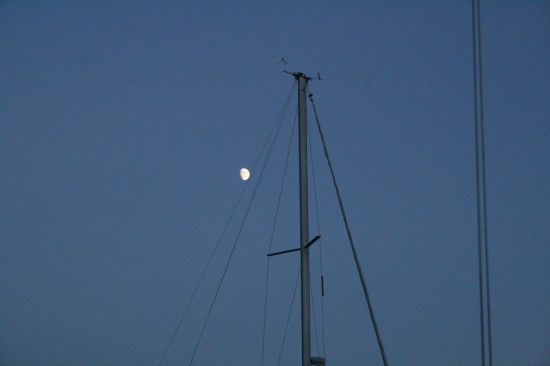
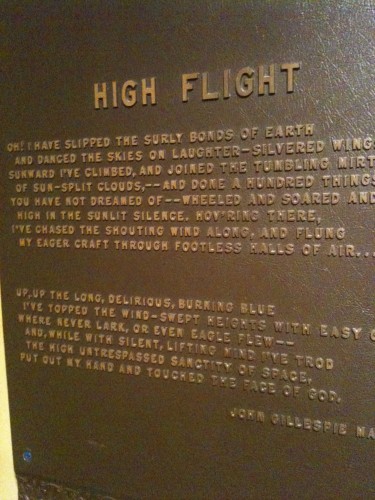
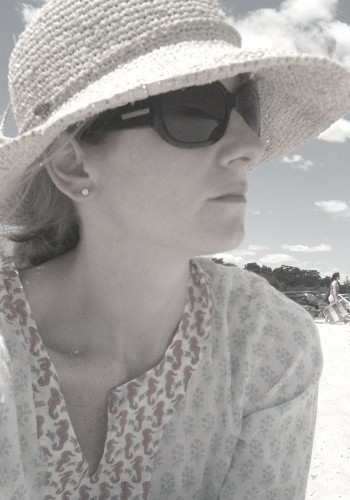
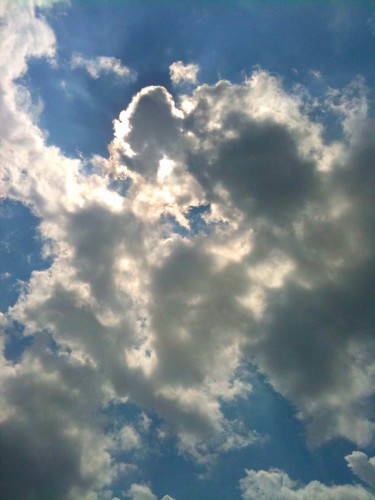
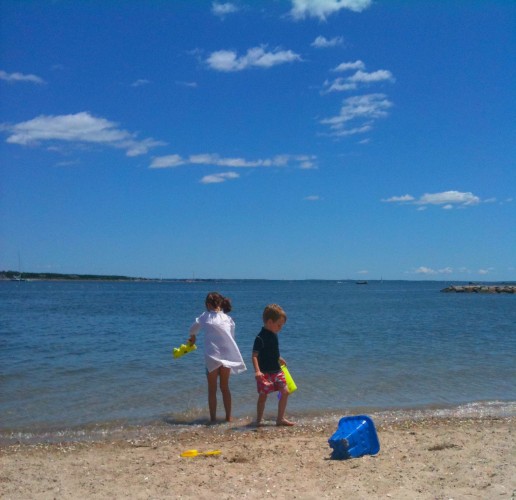 Emily (softly, more in wonder than in grief):
Emily (softly, more in wonder than in grief):